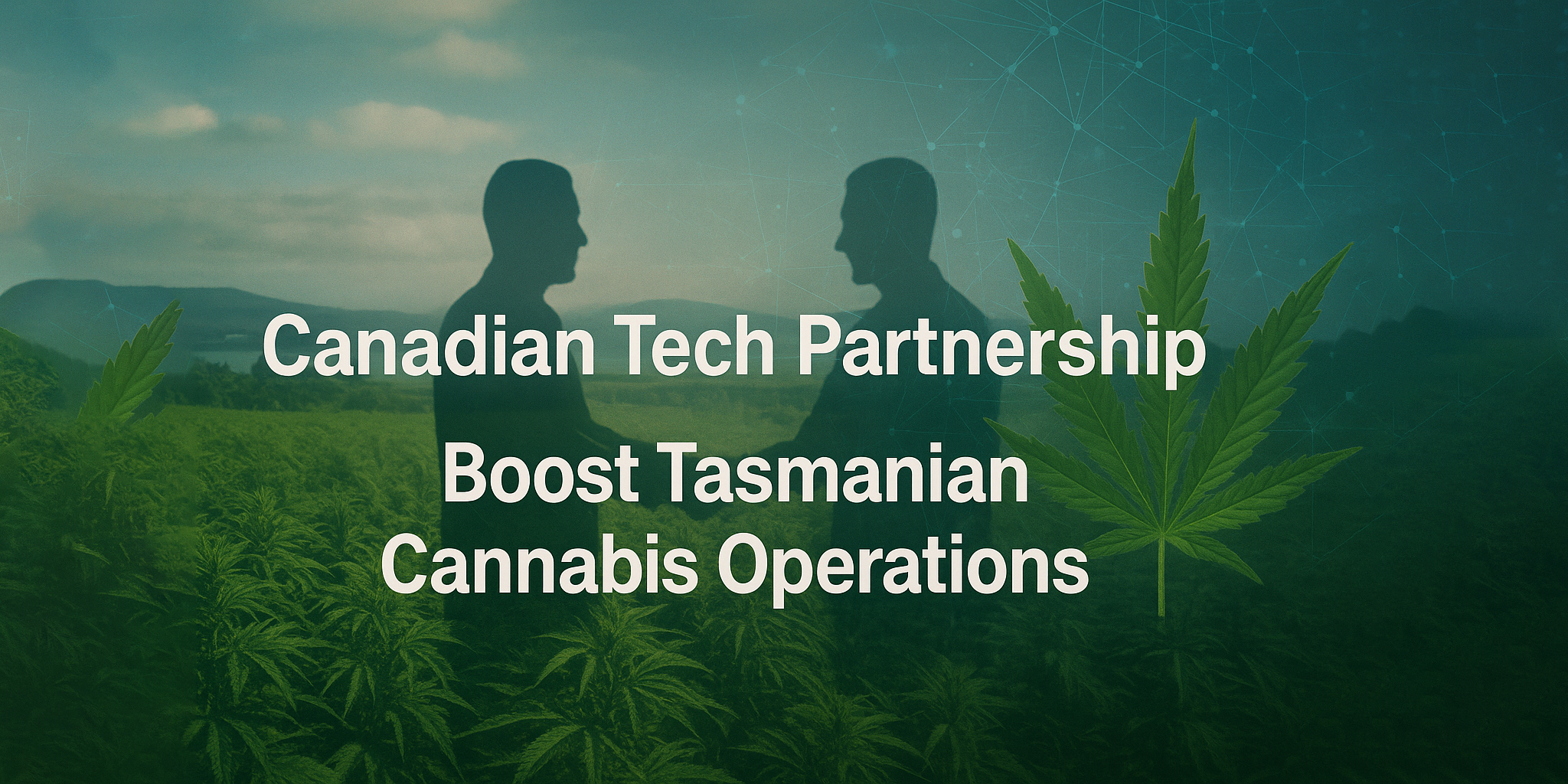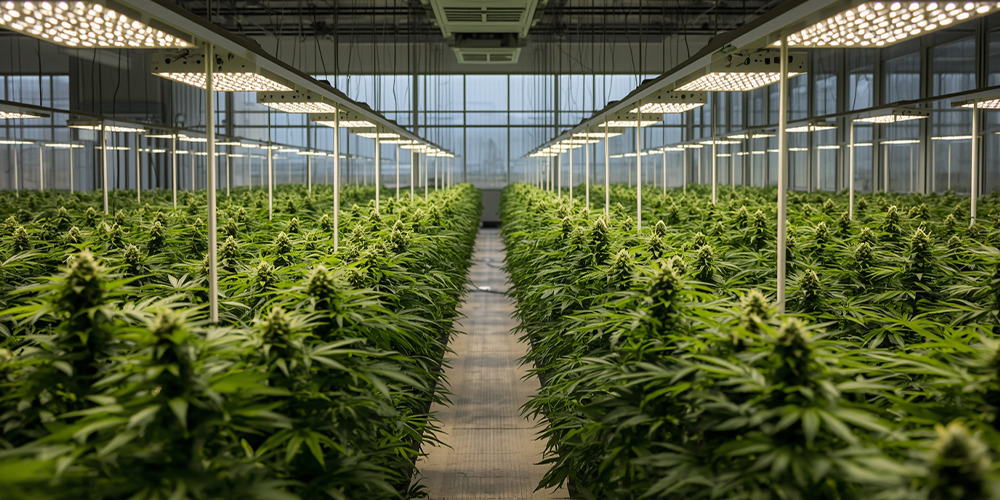
Home » Canadian Tech Partnership to Boost Tasmanian Cannabis Operations
Canadian Tech Partnership to Boost Tasmanian Cannabis Operations
Tasmania’s cannabis sector is stepping into a new era of operational efficiency, compliance, and scalability, thanks to a fresh collaboration between Canadian software company Elevated Signals and Tasmanian cultivator Hale Farm. The partnership, announced this week, is poised to transform how cannabis is grown, tracked, and regulated in Australia’s increasingly competitive market.
A Strategic Collaboration
Elevated Signals, a Vancouver-based cannabis technology platform, specializes in production management, compliance tracking, and digital recordkeeping for licensed cannabis producers. Its partnership with Hale Farm in Tasmania will see the software deployed across the company’s cultivation and processing operations.
Hale Farm, known for its focus on high-quality medical cannabis, has been working toward expanding capacity and securing Good Manufacturing Practices (GMP) certification—an essential milestone for accessing export markets. By integrating Elevated Signals’ platform, Hale Farm aims to streamline workflows, cut administrative overhead, and ensure airtight compliance with Australia’s stringent regulatory framework.
“This collaboration is about more than just technology—it’s about preparing Australia’s cannabis industry for global competitiveness,” said an Elevated Signals spokesperson. “We’re building systems that make it easier for cultivators to focus on quality and consistency while meeting international compliance standards.”

Why This Matters Now
The timing of this partnership is significant. Australia’s cannabis sector, though relatively young compared to North America, has been undergoing rapid transformation. The Therapeutic Goods Administration (TGA) and the Office of Drug Control (ODC) have tightened compliance requirements for both medical cannabis cultivation and export licensing.
Hale Farm’s push for GMP certification is particularly notable. GMP is a prerequisite for exporting to lucrative overseas markets, including Germany, the UK, and parts of Asia, where medical cannabis demand is rising. By embedding Elevated Signals’ compliance-focused technology, Hale Farm positions itself as a future-ready player capable of supplying both domestic and international patients.
Industry Impact & Implications
This partnership highlights a broader trend: the professionalization of cannabis cultivation in Australia. What was once a highly fragmented sector of small growers is rapidly consolidating, with vertically integrated operations and sophisticated compliance systems becoming the norm.
For Tasmania, the collaboration could have regional economic implications as well. The state has already branded itself as a hub for pharmaceutical-grade agriculture, particularly in the poppy industry. Adding a tech-enabled cannabis sector into that mix further strengthens Tasmania’s reputation as a global center for regulated medicinal crops.
For the wider Australian industry, this partnership may set a benchmark. Other cultivators seeking GMP certification could look to similar tech integrations to manage their data-heavy compliance obligations more efficiently.

Looking Ahead
The Elevated Signals–Hale Farm partnership is just the beginning. Industry observers expect more collaborations between Australian cannabis producers and international tech companies in the coming months as the sector matures. With export markets in sight and domestic demand steady, the emphasis will increasingly be on efficiency, compliance, and global readiness.
If Hale Farm successfully secures GMP certification with the support of Elevated Signals, it could pave the way for other mid-sized cultivators across Australia to follow suit, accelerating the industry’s evolution into a globally competitive marketplace.


One Response
I like what you guys are up also. Such clever work and reporting! Carry on the excellent works guys I’ve incorporated you guys to my blogroll. I think it’ll improve the value of my site :).